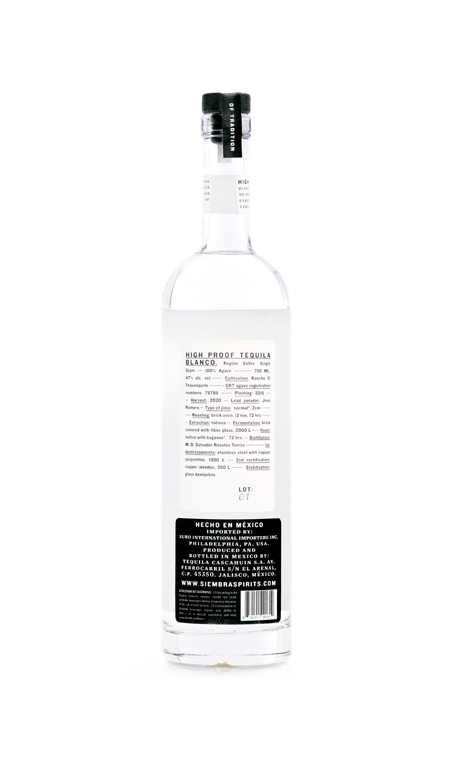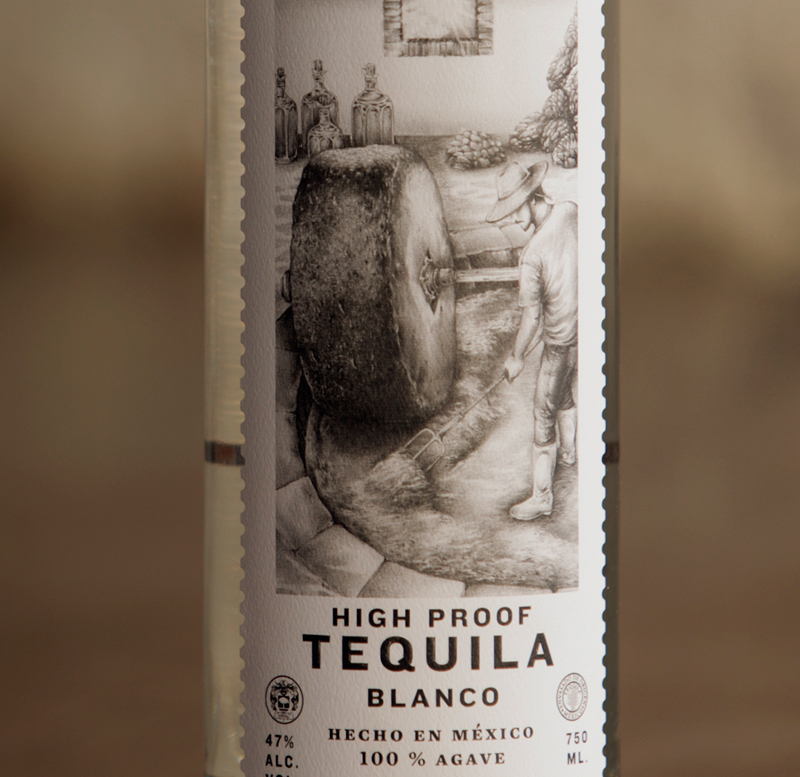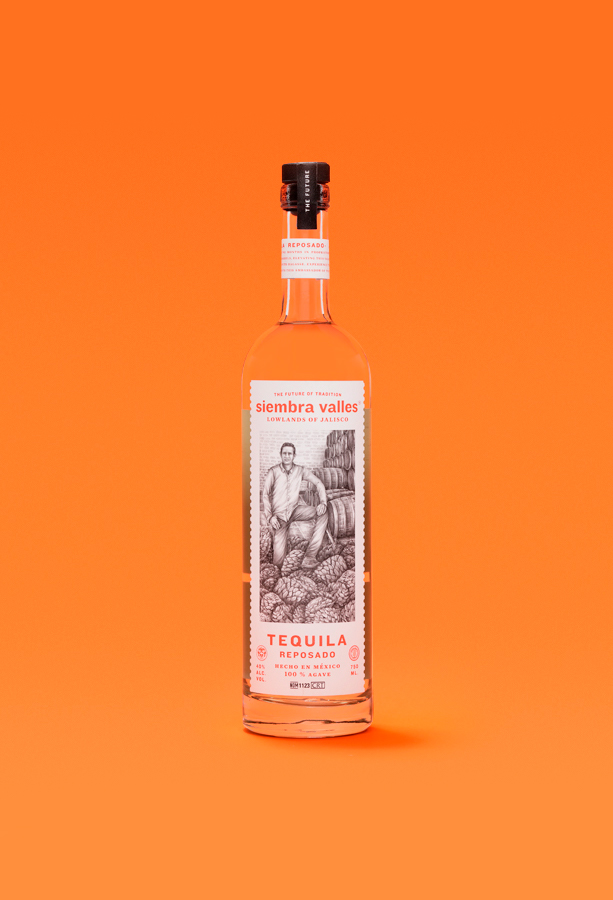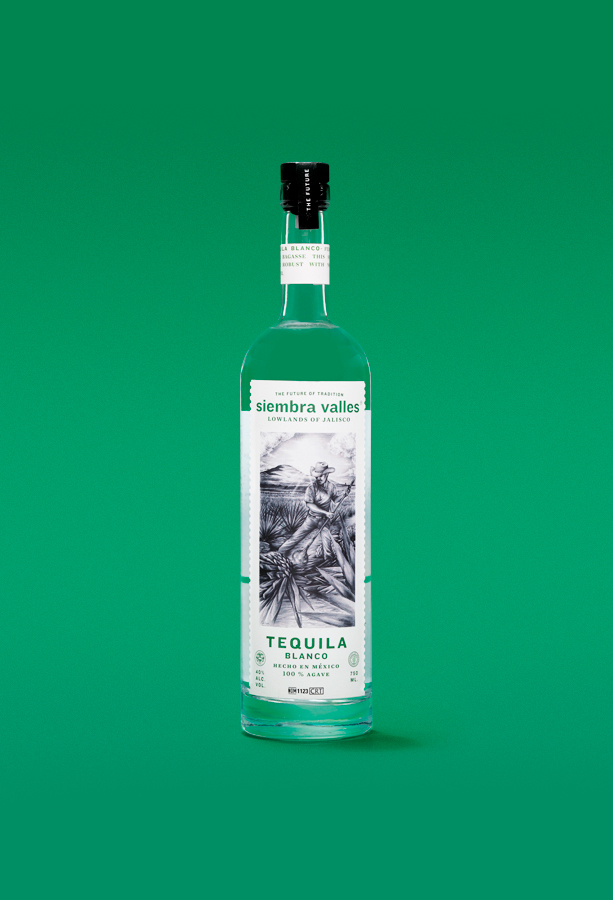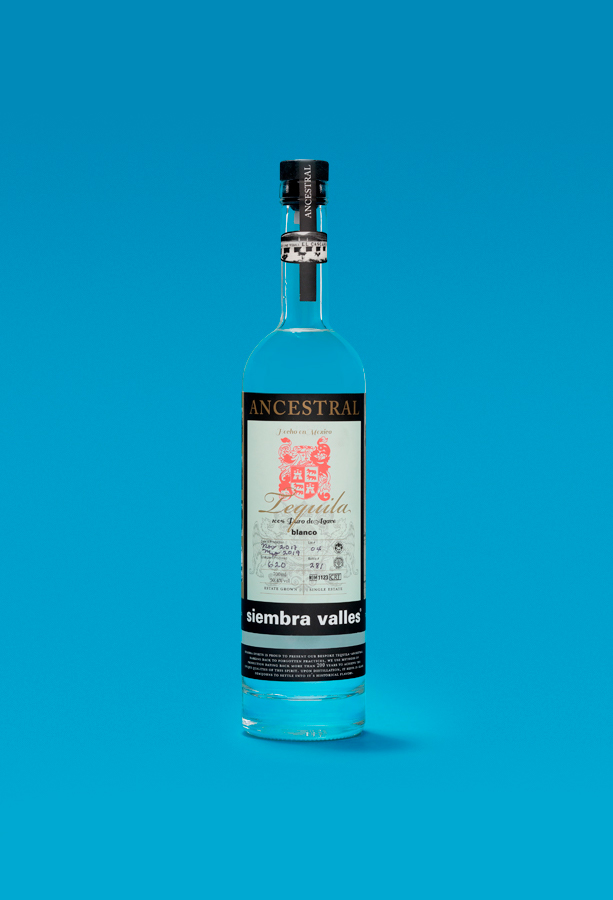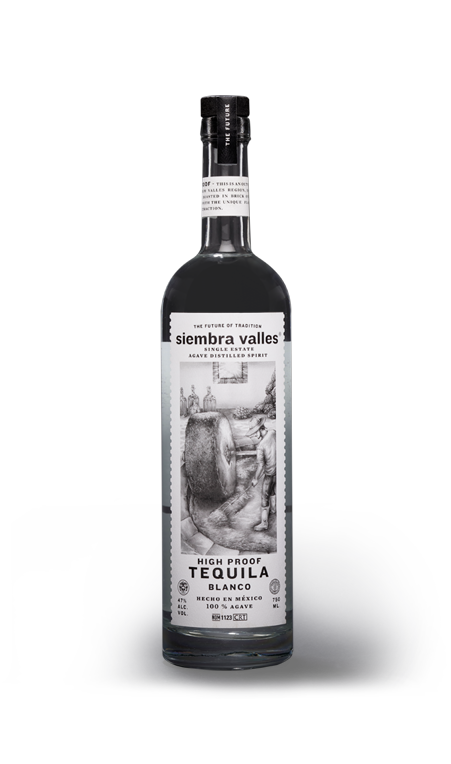
High Proof features a tahona (stone wheel), bagasse to spark fermentation, and months of resting in glass demijohns. Corn-cob-capped demijohns allow micro-oxygenation, helping us distill to proof without masking delicate aromas and flavors.

High Proof features a tahona (stone wheel), bagasse to spark fermentation, and months of resting in glass demijohns. Corn-cob-capped demijohns allow micro-oxygenation, helping us distill to proof without masking delicate aromas and flavors.
Production
Process is paramount
We embrace traditional methods and reject additives and shortcuts. We hope you enjoy the result.
Roasting
Brick Oven
A room-sized, wood-fired oven that is filled with agave and heated for days. The use of brick ovens is a hallmark of traditional tequila production, and the aromas are incredible. We never use diffusers or autoclaves because we care about tequila and the earth.
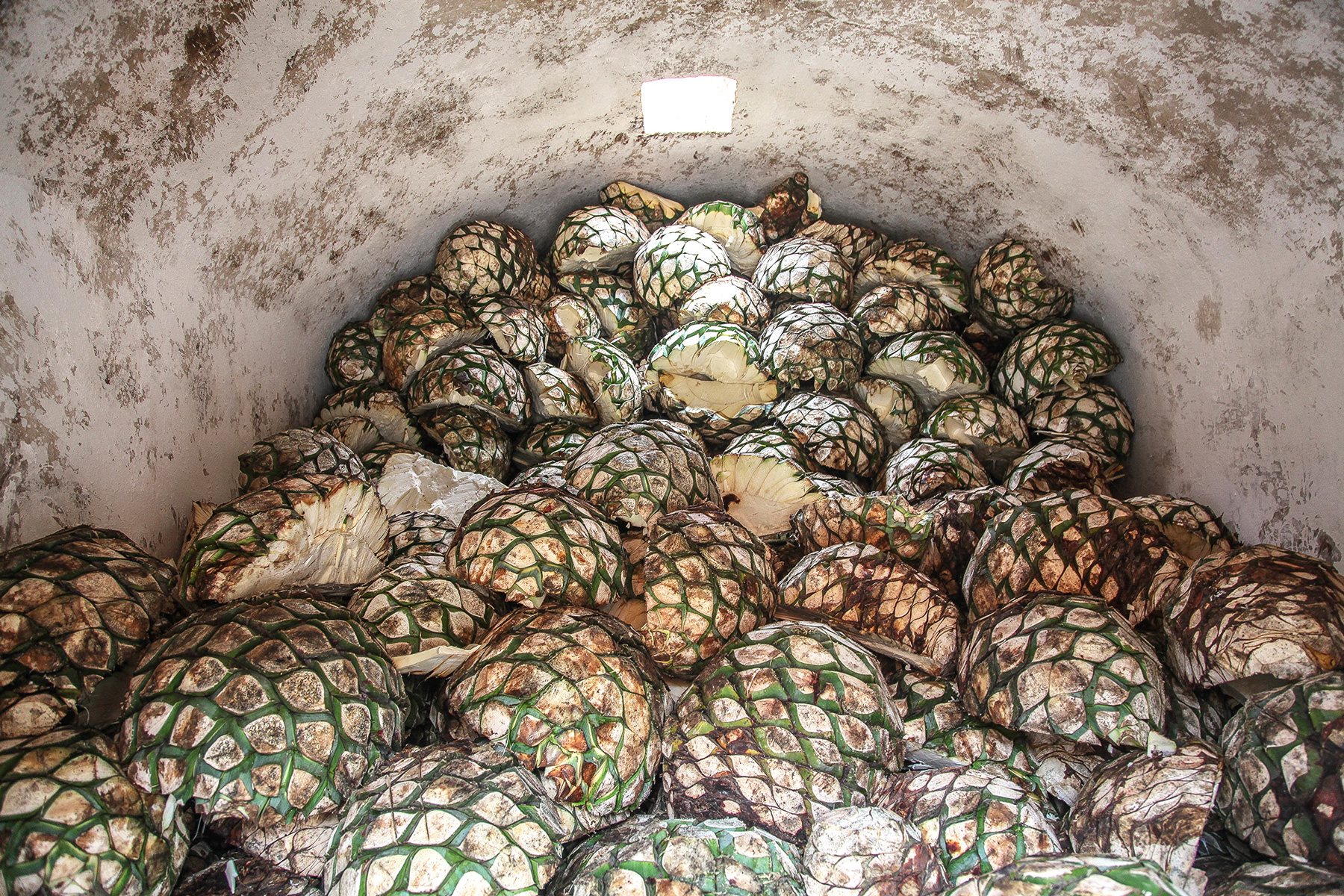

Roasting
Brick Oven
A room-sized, wood-fired oven that is filled with agave and heated for days. The use of brick ovens is a hallmark of traditional tequila production, and the aromas are incredible. We never use diffusers or autoclaves because we care about tequila and the earth.
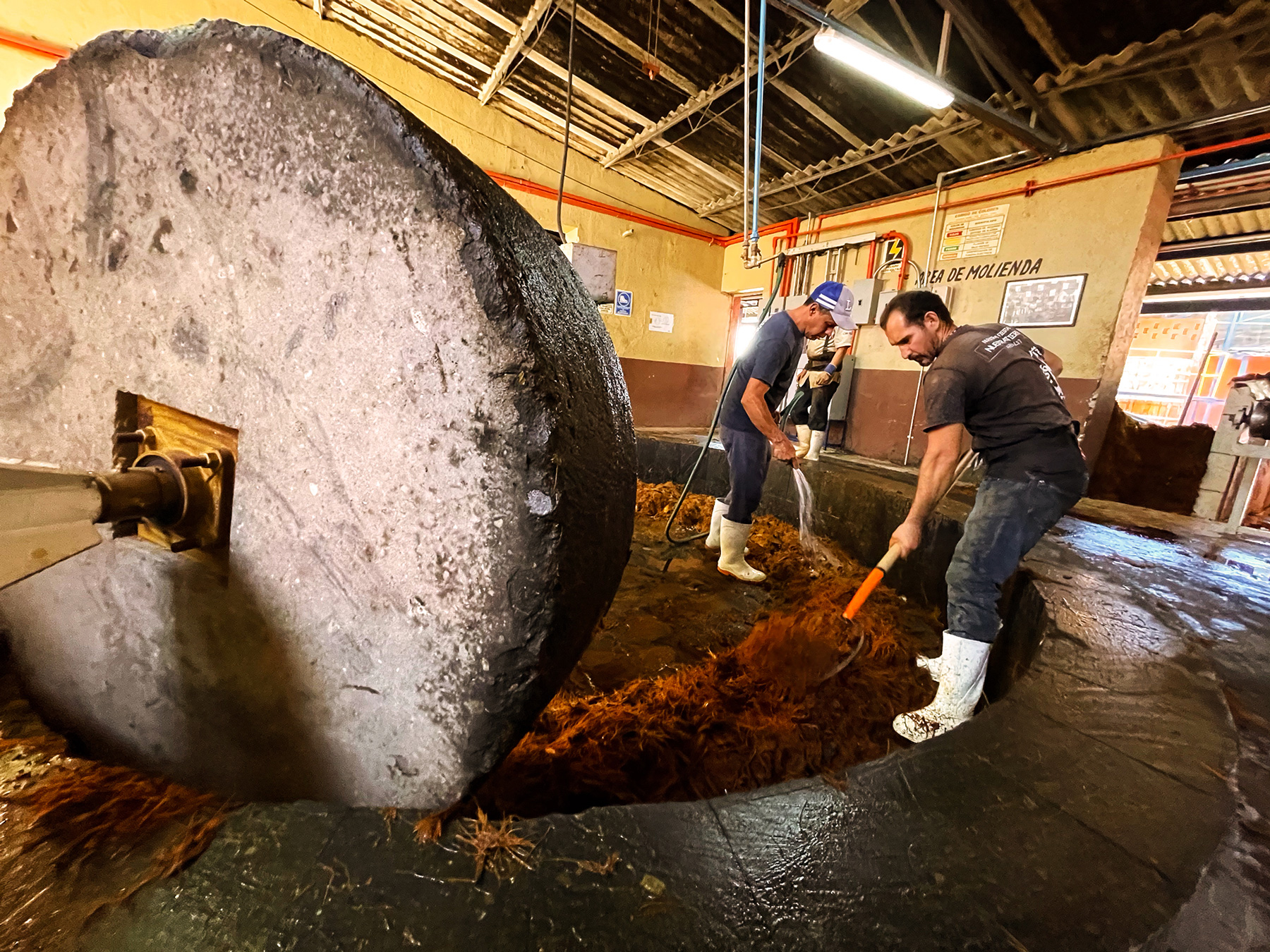
Extraction
Roller Mill – Tahona
The tahona is a several-ton stone wheel rolled over roasted and milled agave to express all the sweet juices within, which later become tequila. Only a few distilleries in Mexico have tahonas, and even fewer still use them in production. They impart a unique traditional flavor.

Extraction
Roller Mill – Tahona
The tahona is a several-ton stone wheel rolled over roasted and milled agave to express all the sweet juices within, which later become tequila. Only a few distilleries in Mexico have tahonas, and even fewer still use them in production. They impart a unique traditional flavor.
Fermentation
Brick – Natural
Brick tanks maintain a natural ambient yeast colony that naturally ferment all Siembra Valles tequilas. Bagasse (the leftover fibers from extraction) is added to add deeper agave flavor and boost this natural fermentation.
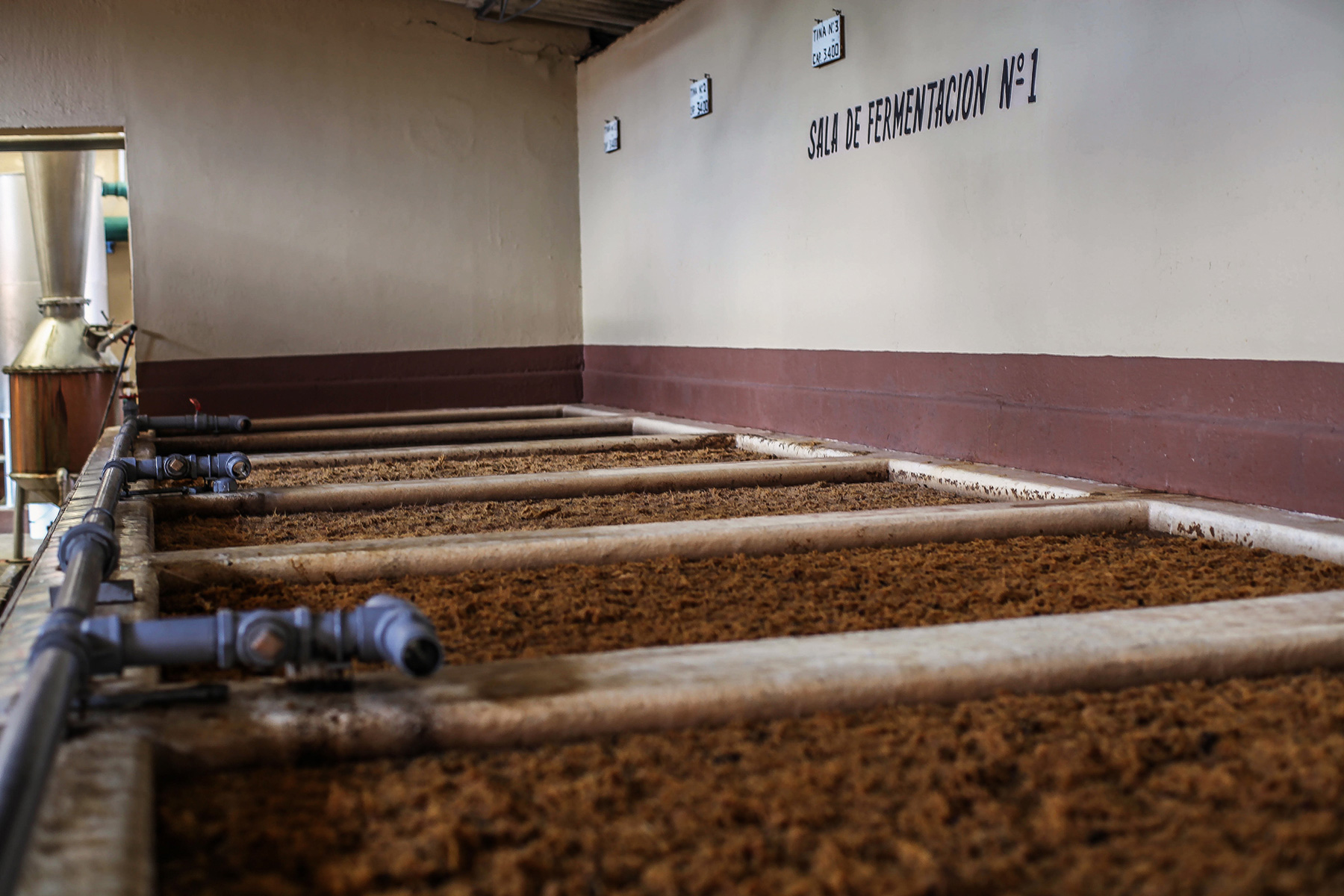
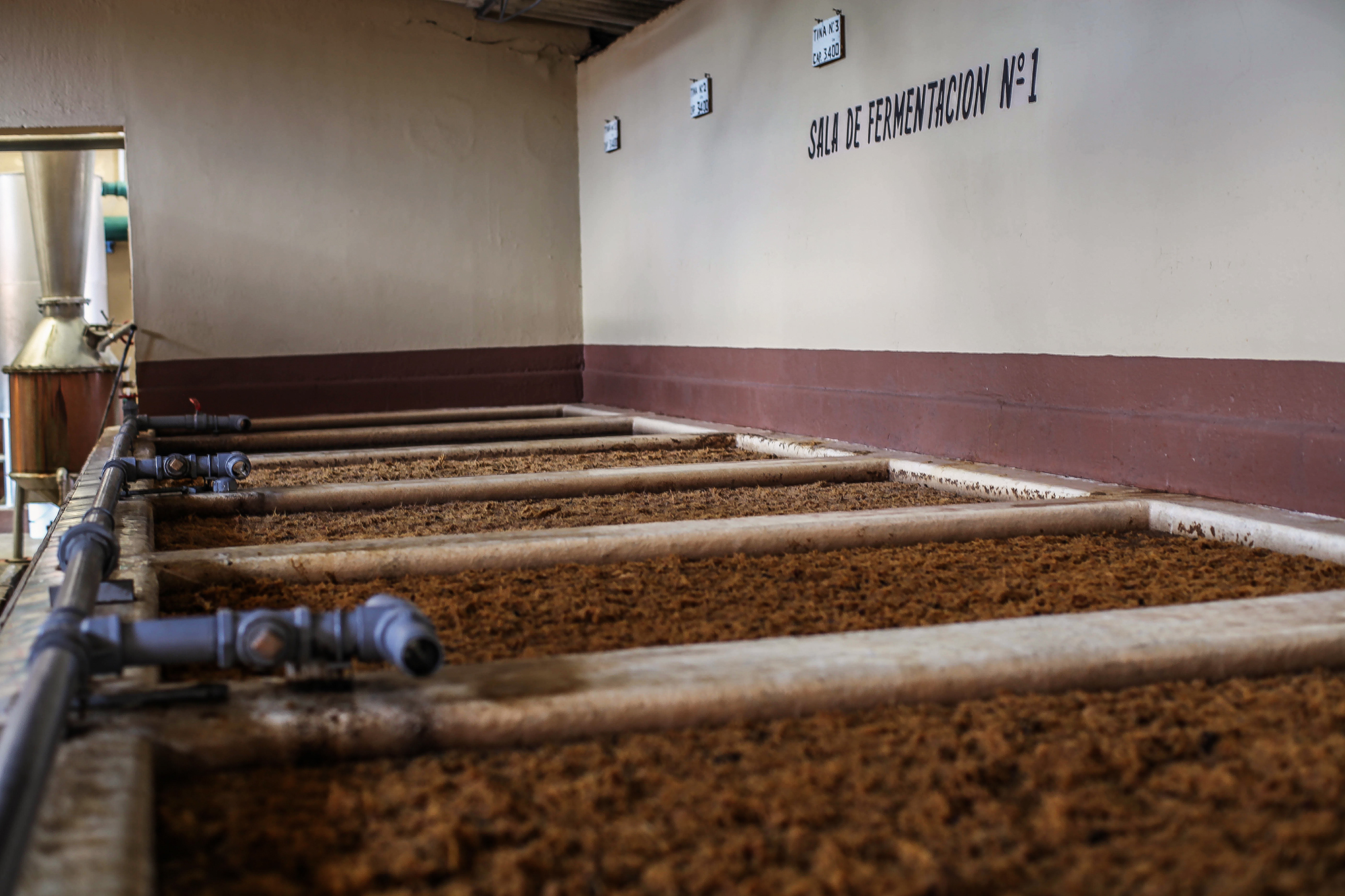
Fermentation
Brick – Natural
Brick tanks maintain a natural ambient yeast colony that naturally ferment all Siembra Valles tequilas. Bagasse (the leftover fibers from extraction) is added to add deeper agave flavor and boost this natural fermentation.
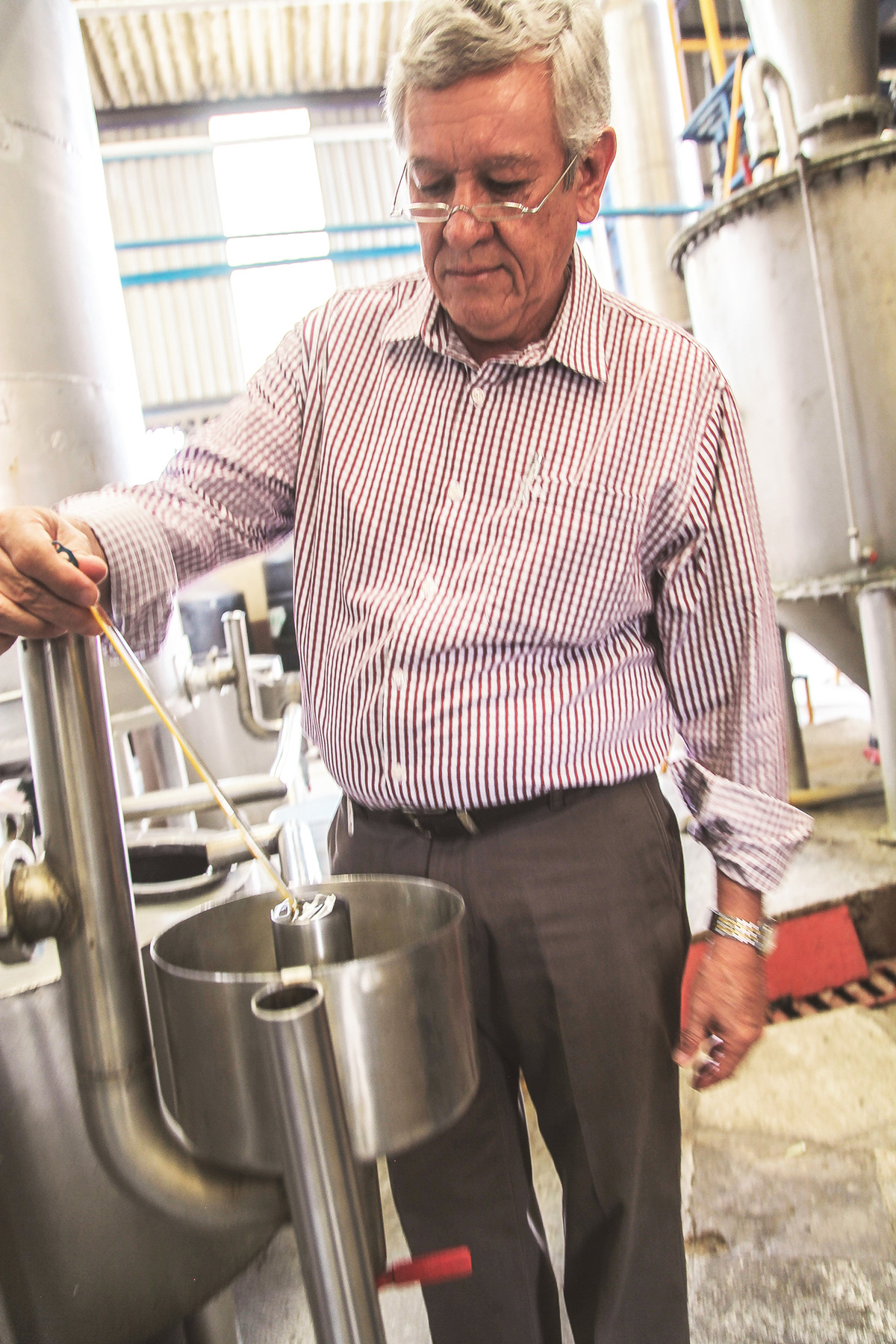
Distillation
Stainless w. Copper Serpentine
Copper has unique flavor benefits in tequila distillation, but it’s difficult and expensive for distilleries to maintain. Distilling in stainless steel with copper serpentines ensures that every drop of tequila touches copper, but keeps costs attainable for small productions. We never use column stills; which erase flavors for high efficiency.
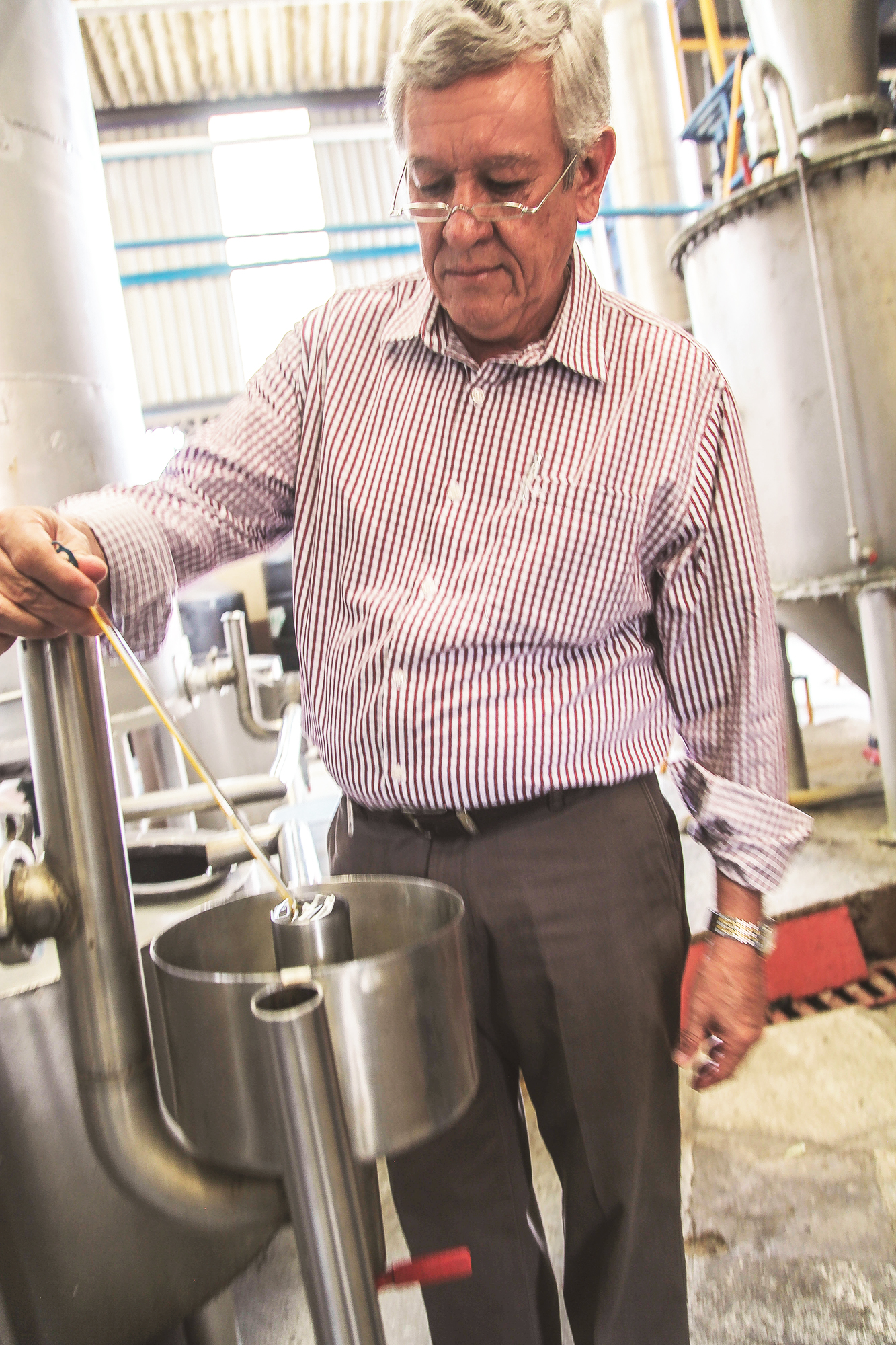
Distillation
Stainless w. Copper Serpentine
Copper has unique flavor benefits in tequila distillation, but it’s difficult and expensive for distilleries to maintain. Distilling in stainless steel with copper serpentines ensures that every drop of tequila touches copper, but keeps costs attainable for small productions. We never use column stills; which erase flavors for high efficiency.
Resting
20-liter Demijohns w. Corn Cobs
This is unique to Siembra Valles High Proof, and is borrowed from a maestro mezcalero we know. Dried corn cobs cap the demijohns and allow for slow natural oxidation. The most volatile compounds oxidize first, leaving high ABV spirits that are organoleptically balanced and wonderfully palatable.
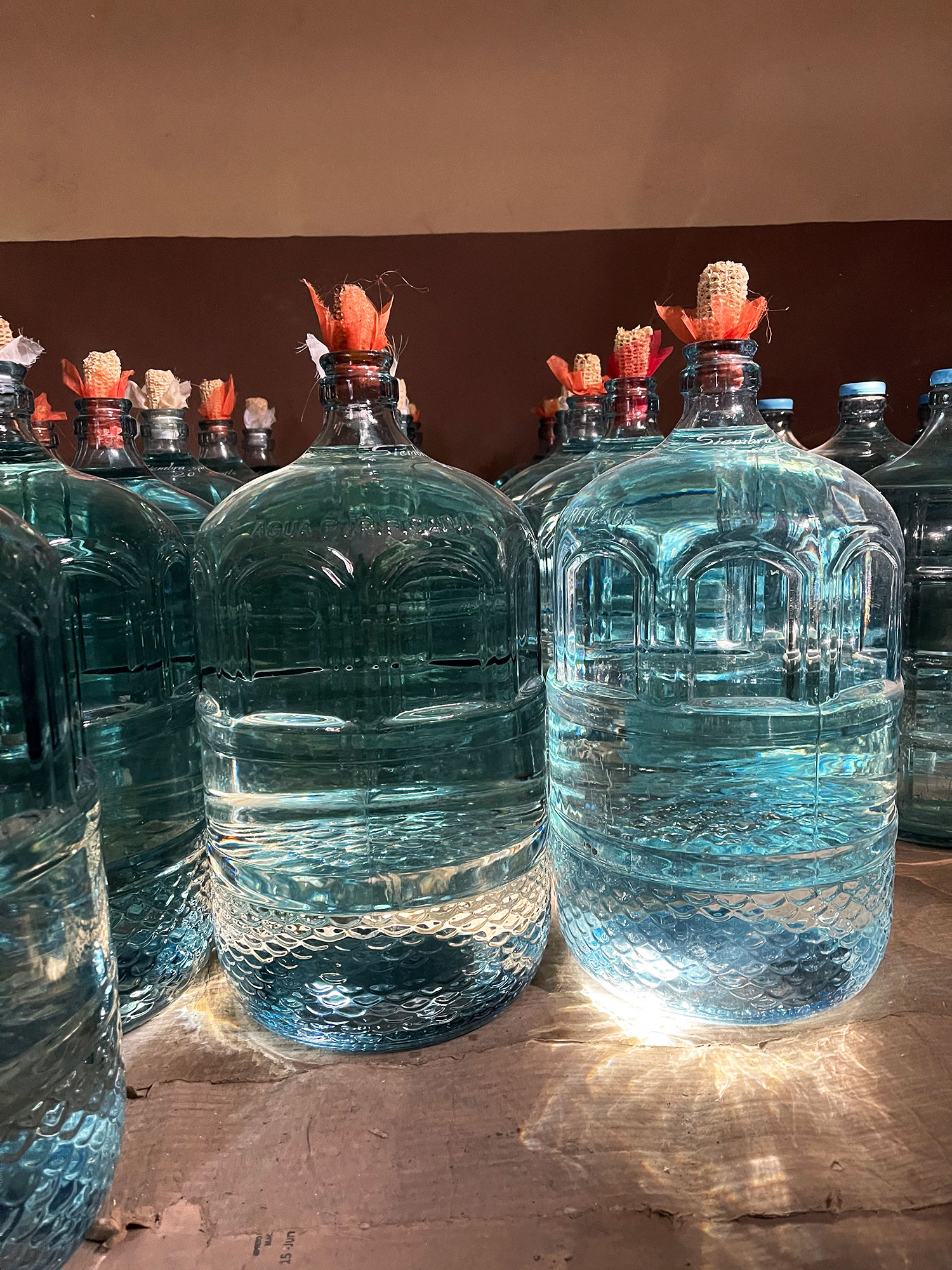

Resting
20-liter Demijohns w. Corn Cobs
This is unique to Siembra Valles High Proof, and is borrowed from a maestro mezcalero we know. Dried corn cobs cap the demijohns and allow for slow natural oxidation. The most volatile compounds oxidize first, leaving high ABV spirits that are organoleptically balanced and wonderfully palatable.
Cultivation
The first several years of your spirits’s life.
Flavors and character develop for years in the fields. Expert jimadores sow and tend agave until its mature and then deftly harvest for a traditional production. Siembra means sowing.
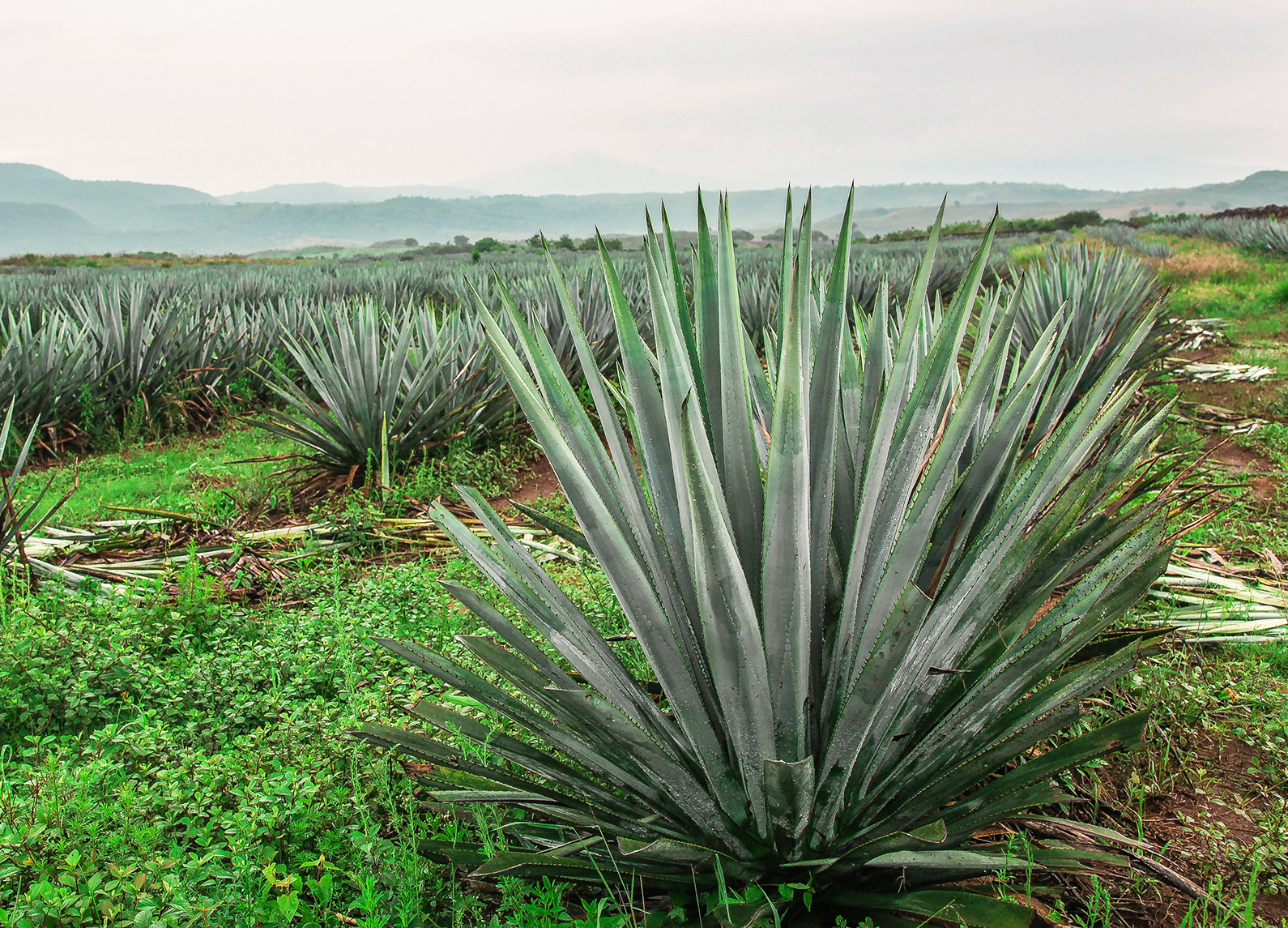
100% Agave Tequilana Weber Azul
Also called “Blue Agave.” Known for high sugar content, relatively fast maturity, easy cloning, and beautiful blueish spikes. Due to restrictive legislation, this is the only agave allowed in tequila production.

100% Agave Tequilana Weber Azul
Also called “Blue Agave.” Known for high sugar content, relatively fast maturity, easy cloning, and beautiful blueish spikes. Due to restrictive legislation, this is the only agave allowed in tequila production.
Single Estate
Every agave used in this expression was grown on the same plantation. This allows for greater expression of terroir, as the agaves from a single field will be more consistent. They’ll never be identical, though— a slight variation in elevation or sun exposure across a field can have a great impact on flavor over several years.
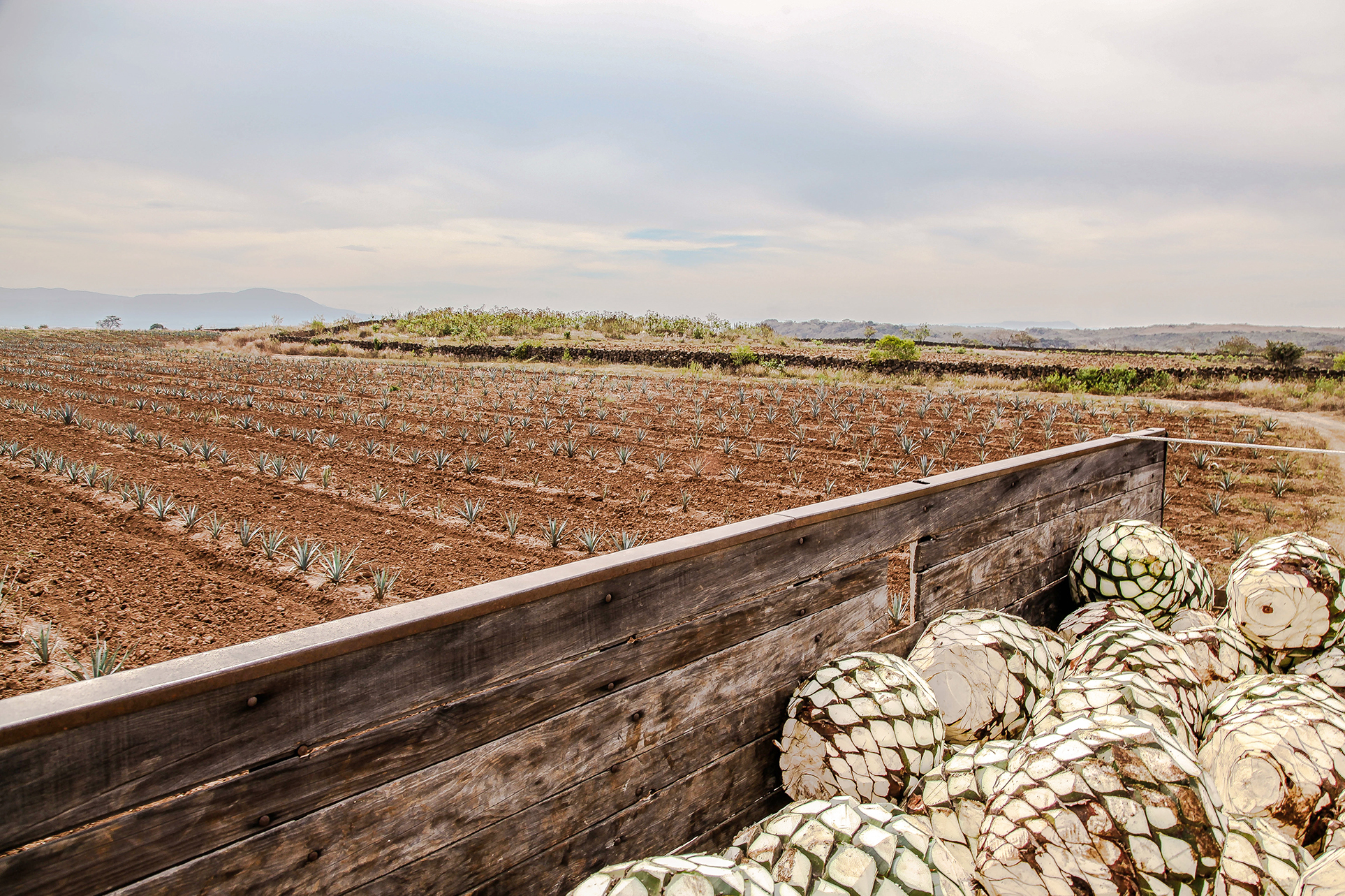

Single Estate
Every agave used in this expression was grown on the same plantation. This allows for greater expression of terroir, as the agaves from a single field will be more consistent. They’ll never be identical, though— a slight variation in elevation or sun exposure across a field can have a great impact on flavor over several years.
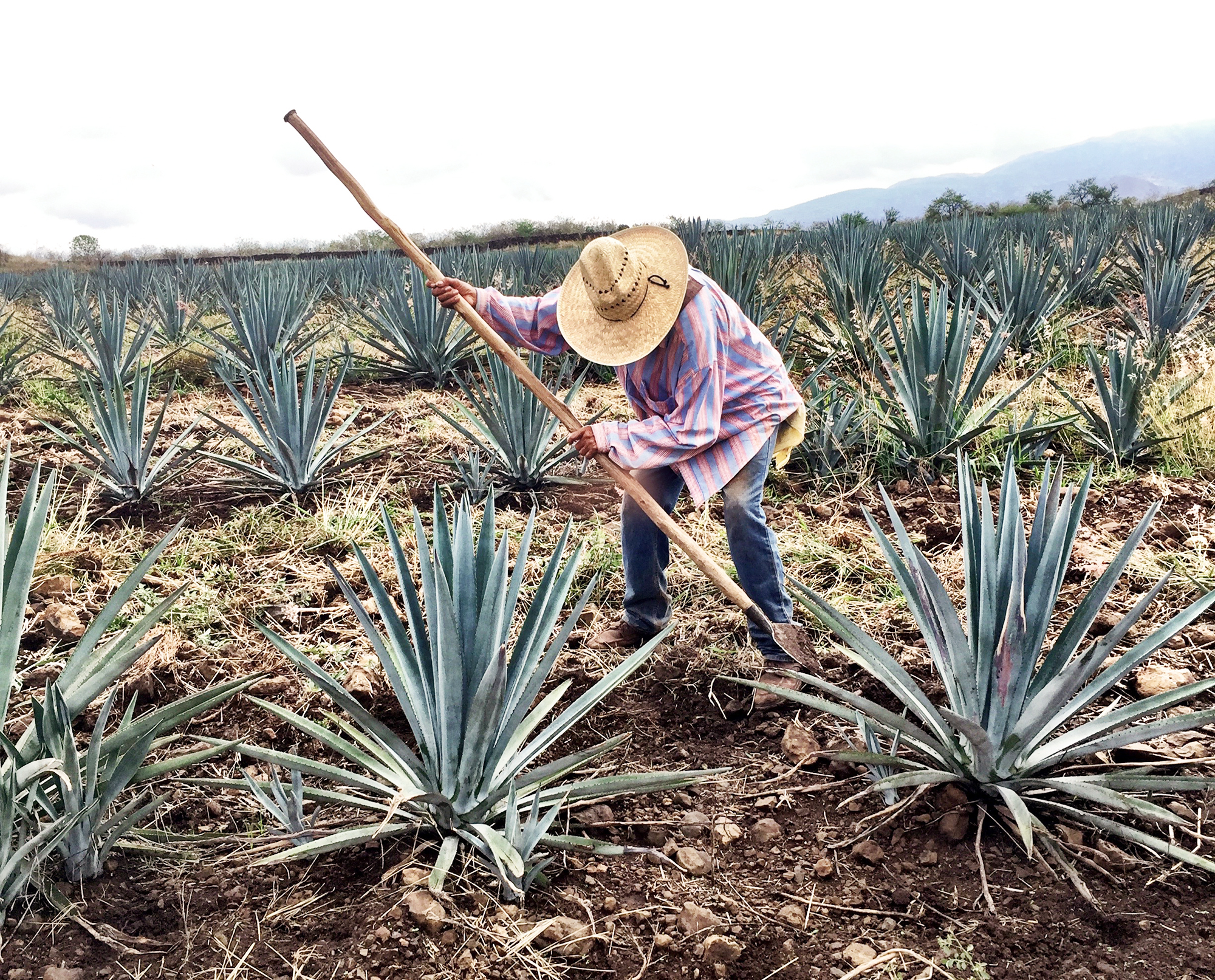
Registration #
Traceability protects your glass from counterfeit tequila. Demand it.
A grower must register agave within one year of planting to sell it to the tequila industry. The registry is meant to guarantee that the agave was grown in the Denomination of Origin, and tells us how much usable agave should be on the market, or will be in a few years.
We print agave registration numbers to show consumers that it’s possible, and something they can and should demand.

Registration #
Traceability protects your glass from counterfeit tequila. Demand it.
A grower must register agave within one year of planting to sell it to the tequila industry. The registry is meant to guarantee that the agave was grown in the Denomination of Origin, and tells us how much usable agave should be on the market, or will be in a few years.
We print agave registration numbers to show consumers that it’s possible, and something they can and should demand.
Planting and Harvest
We’re picky. Mature agave is central to traditional tequila production; years of maturation impart great depth of flavor. Some newer production methods can mask younger, lower-quality agave. Our agave-centric methods demand great raw material.
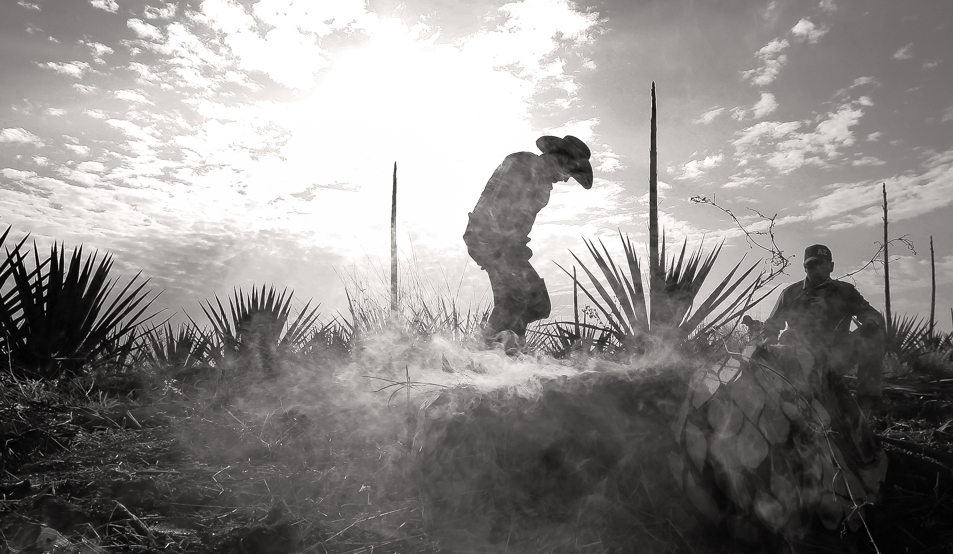

Planting and Harvest
We’re picky. Mature agave is central to traditional tequila production; years of maturation impart great depth of flavor. Some newer production methods can mask younger, lower-quality agave. Our agave-centric methods demand great raw material.
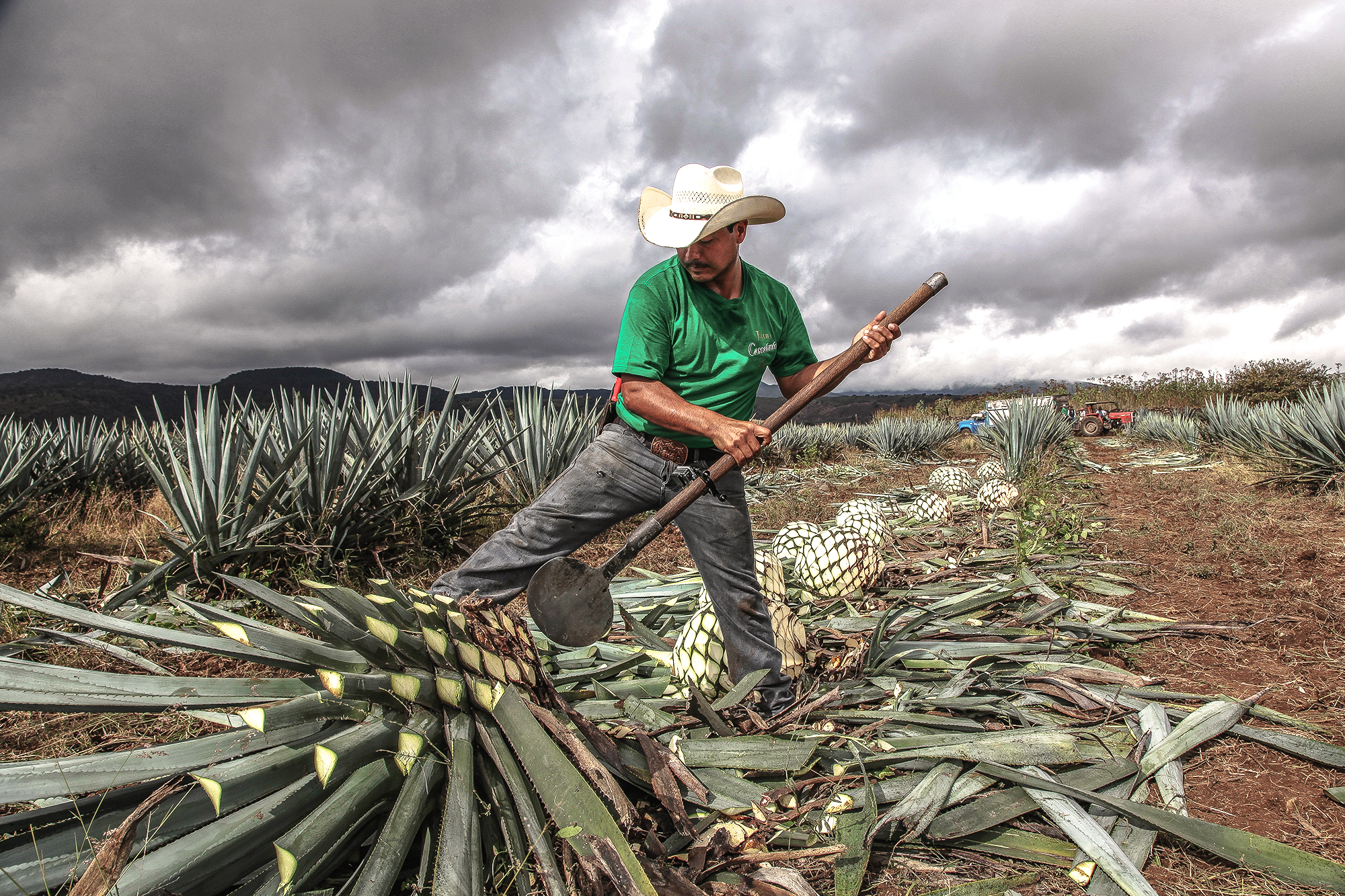
Jima Type
This refers to how close to the piña the jimadores chop the agave’s spikes. A jima larga leaves more penca, or spike, than a jima normal, which in turn leaves more than jima rasurada, which leaves essentially none. Larga is common in diffuser tequilas, normal in traditional tequila production, and rasurada in ancestral mezcal.

Jima Type
This refers to how close to the piña the jimadores chop the agave’s spikes. A jima larga leaves more penca, or spike, than a jima normal, which in turn leaves more than jima rasurada, which leaves essentially none. Larga is common in diffuser tequilas, normal in traditional tequila production, and rasurada in ancestral mezcal.
People
Terroir is deeper than soil. From fields to distillery, everyone who interacts with our materials and spirits imparts their unique contribution— the human aspects of terroir. Here are a couple names we think you should toast.
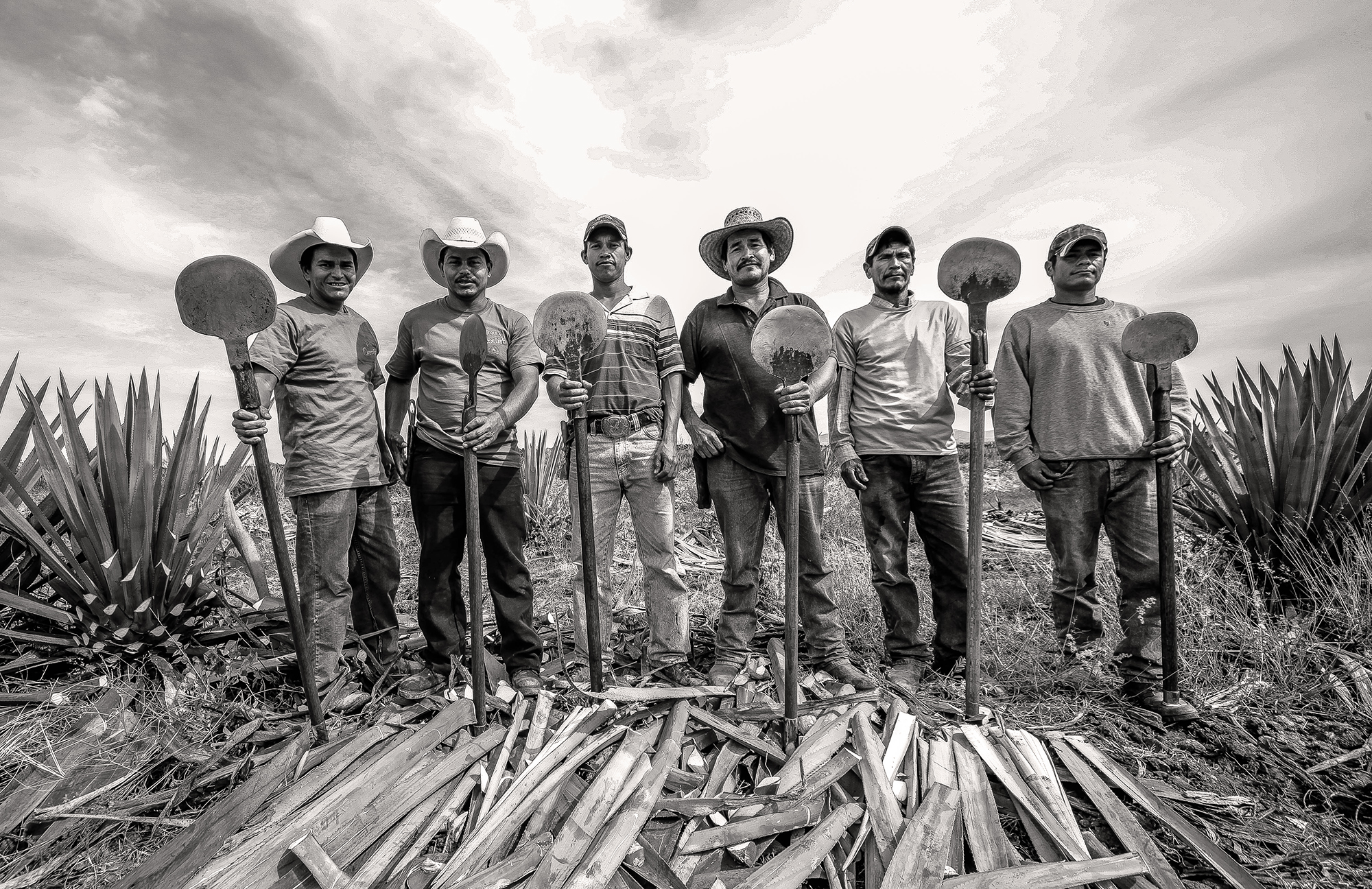
Lead Jimador
Jose Romero
Agave harvesters, called jimadores, are the hardest working people in tequila. They generally work in teams of four, called cuadrillas, expertly harvesting 20 to 40 tons of agave per day by hand. They are paid about $3.70 US per ton, which immediately sells for $1,400.
Jose Romero proudly leads this cuadrilla, who are all blood related.

Lead Jimador
Jose Romero
Agave harvesters, called jimadores, are the hardest working people in tequila. They generally work in teams of four, called cuadrillas, expertly harvesting 20 to 40 tons of agave per day by hand. They are paid about $3.70 US per ton, which immediately sells for $1,400.
Jose Romero proudly leads this cuadrilla, who are all blood related.
Master Distiller
Salvador Rosales Torres
Salvador Rosales Torres is the patriarch and Master Distiller of the family-owned Destileria Cascahuín. He oversees every aspect of production and operations, like his father before him.
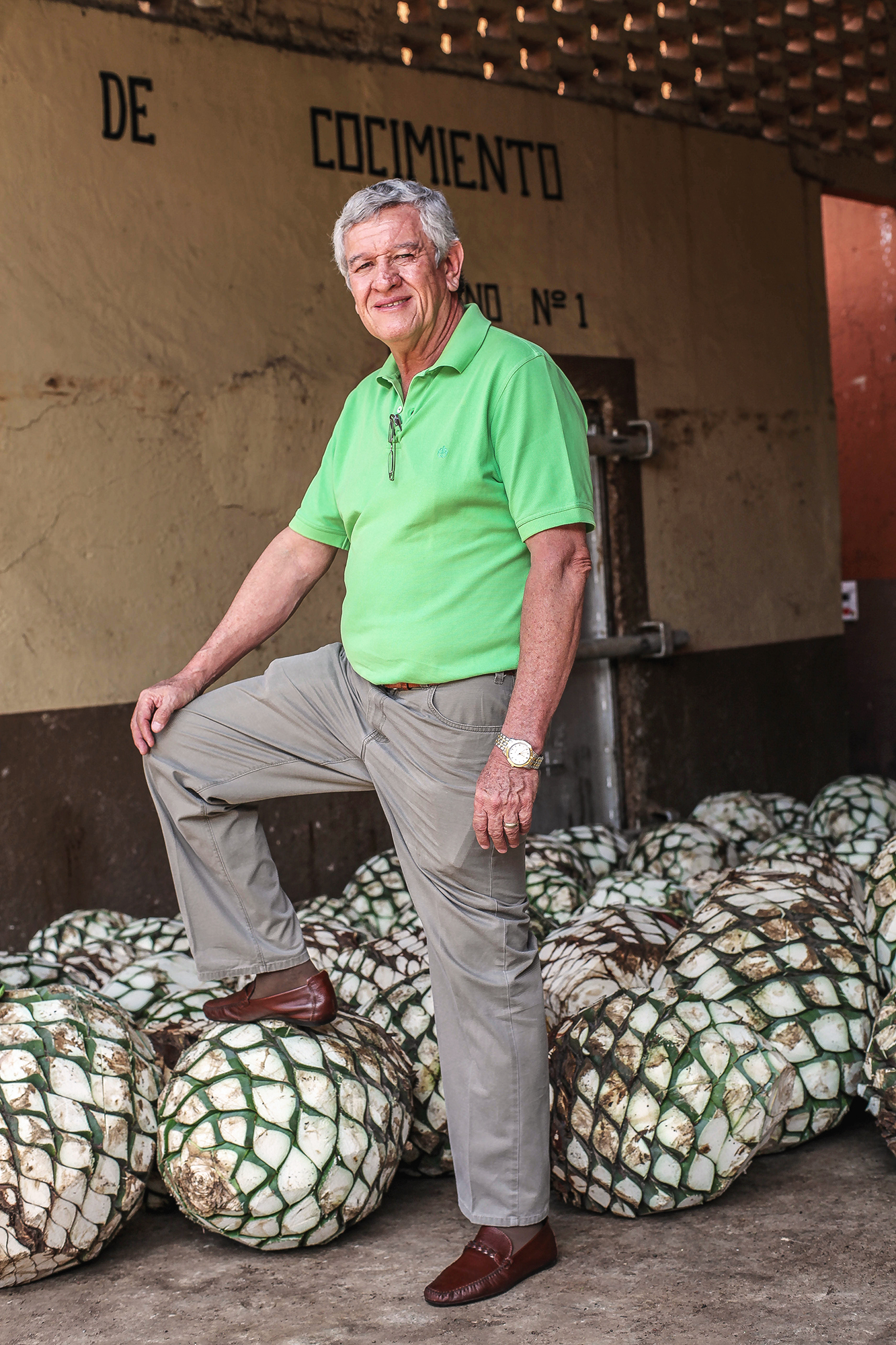

Master Distiller
Salvador Rosales Torres
Salvador Rosales Torres is the patriarch and Master Distiller of the family-owned Destileria Cascahuín. He oversees every aspect of production and operations, like his father before him.
Why So Much Info?
Production methods vary widely in tequila, and they impact sensitive ecosystems, the health of the industry and labor, and most certainly flavor. Informed consumers can seek out better tasting spirits that are better for the world.
Why So Much Info?
Production methods vary widely in tequila, and they impact sensitive ecosystems, the health of the industry and labor, and most certainly flavor. Informed consumers can seek out better tasting spirits that are better for the world.
We write our methods on every bottle
We share this information so consumers can seek out better tasting spirits that are better for the world. We’re the only brand that does all this, but we hope that soon enough there will be more.
